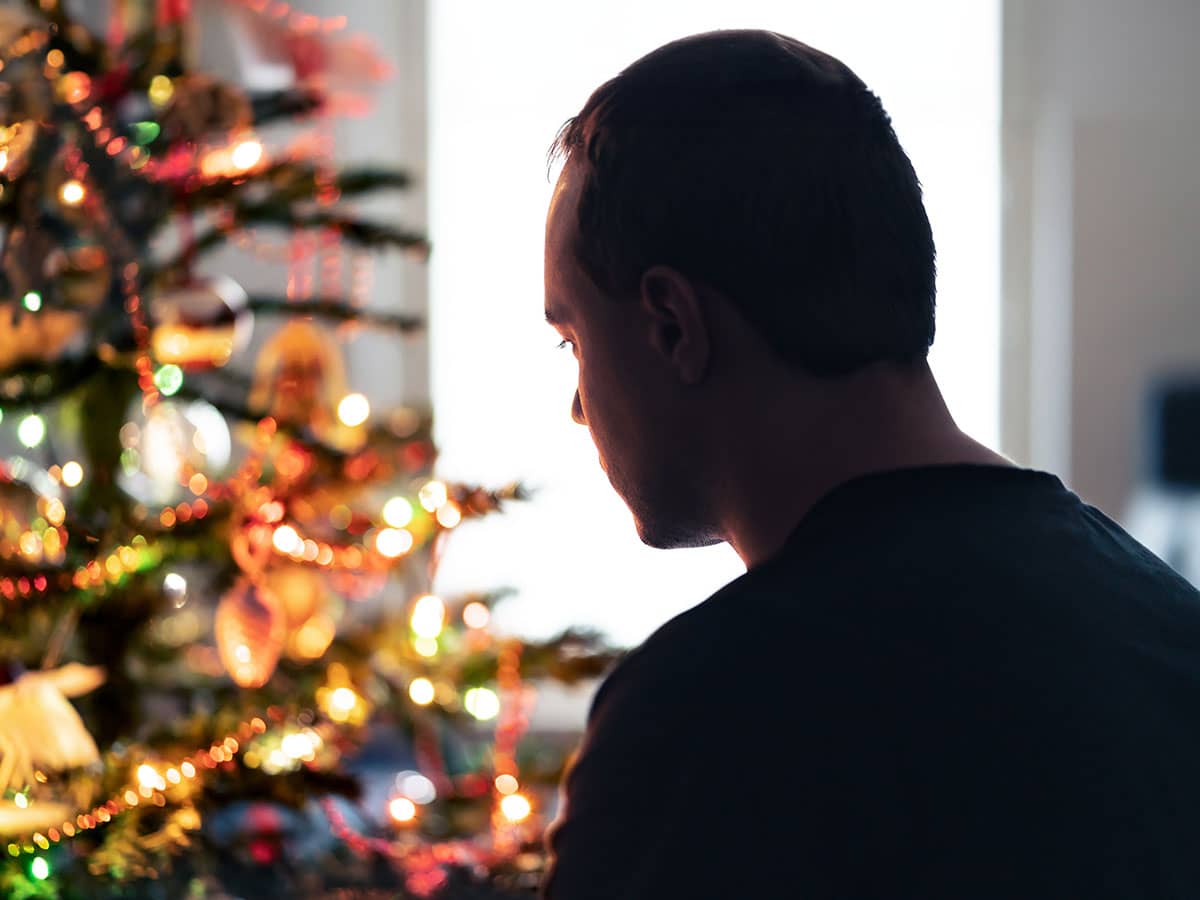Although Archbishop of Canterbury George Carey said the gathering confirmed the two "similar" churches would work toward greater harmony, he acknowledged the unique conference "ends on a note of mystery."
The 26 Anglican and Catholic bishops from 13 countries agreed to create a commission to study how to unite the two churches after a 466-year rift, which has at times had members of each denomination burning one another at the stake.
But asked how long it might take before the world's 60 million Anglicans and 1 billion Catholics would worship in a single church, Carey said cryptically, "How long is a piece of string?"
The highest Catholic official at the first-of-its-kind event, Cardinal Edward Cassidy of Australia, president of the Vatican's Council for Promoting Christian Unity, also would not speculate on when Anglicans and Catholics might become one, saying, "It's something in God's hands."
A symbolic sign of division also arose during the five-day event. Although the leading bishops regularly ate and prayed together, Cassidy acknowledged they were unable to receive from each other the Eucharist, the central Christian sacrament. "It's true we were not able to fully share," he said.
Across Canada, Anglicans and Catholics greeted the meeting with both cautious optimism and stinging skepticism.
Vancouver School of Theology professor Richard Leggatt, an Anglican, dismissed the event as little more than a "photo opportunity" for Carey, whom Leggatt characterized as a conservative Anglican sympathetic to Catholic doctrine on homosexuality, abortion and birth control.
However, Catholic Charles Paris, former head of the Canadian Council of Christians and Jews, applauded the event as a small but important step toward ending centuries of unseemly hostility.
The two churches split in 1534 after Pope Clement VII refused to grant King Henry VIII an annulment of his marriage to Catherine of Aragon so he could marry Anne Boleyn. The king denied papal authority over England, and the Anglican communion was born.
In 1968, however, the two churches officially stated their goal was full, organic unity. And last year the joint Anglican-Roman Catholic International Commission issued the momentous declaration that Christians should accept the authority of the Catholic pope as a "gift to be received by all churches."
At Friday's wrap-up news conference, Cassidy acknowledged that the issue of ordaining women -- approved by most Anglicans throughout the world but forbidden by the Vatican -- was "the negative side of the coin" in the unity dialogue.
Both Carey and Cassidy said the new commission that will be formed will look into issues such as women's ordination, ethical positions and how to merge the two hierarchies.
Leggatt, however, said he doesn't expect anything "earth-shattering" to come out of the dialogue, since the denominations are so far apart on a host of issues, including women, abortion, birth control, the authority of the pope and the role of laypeople in decision-making.
The Anglican church's dialogue with the Lutheran church, Leggatt said, is far more exciting and advanced than talks with the Catholic church. "But it never gets any media attention."
Leggatt said he believes the Anglicans most animated by the Catholic dialogue are Carey and Presiding Bishop Frank Griswold of the U.S. Episcopal Church. While Carey's conservative tendencies lean him toward the Catholic church, Leggatt said Griswold is more of a progressive who became intrigued by Catholics through his long friendship with the late Chicago Catholic Cardinal Joseph Bernardin.
Northern Ireland Protestant leader the Rev. Ian Paisley had planned to go to Toronto to lead a protest of what he called the Anglicans' betrayal of Reformation principles by engaging in unification talks with the Catholics.
Paisley canceled his trip when his wife fell ill, but other conservative Protestants led a prayer protest Monday (May 15) outside the center where the bishops gathered for the closed-door talks.

